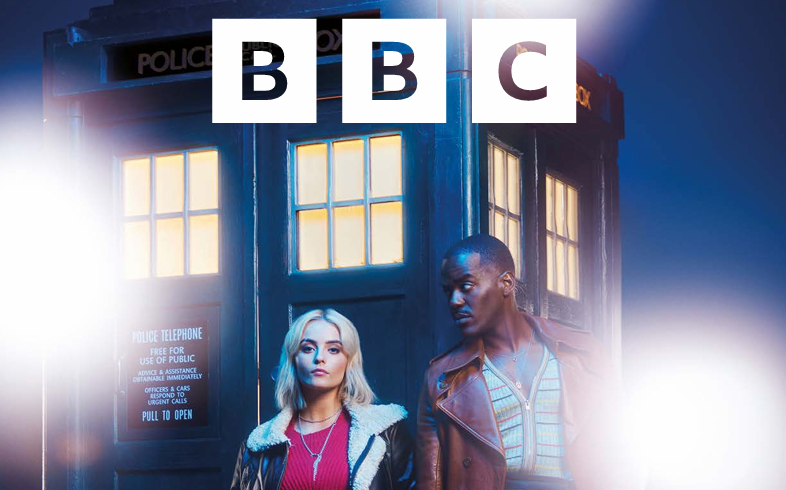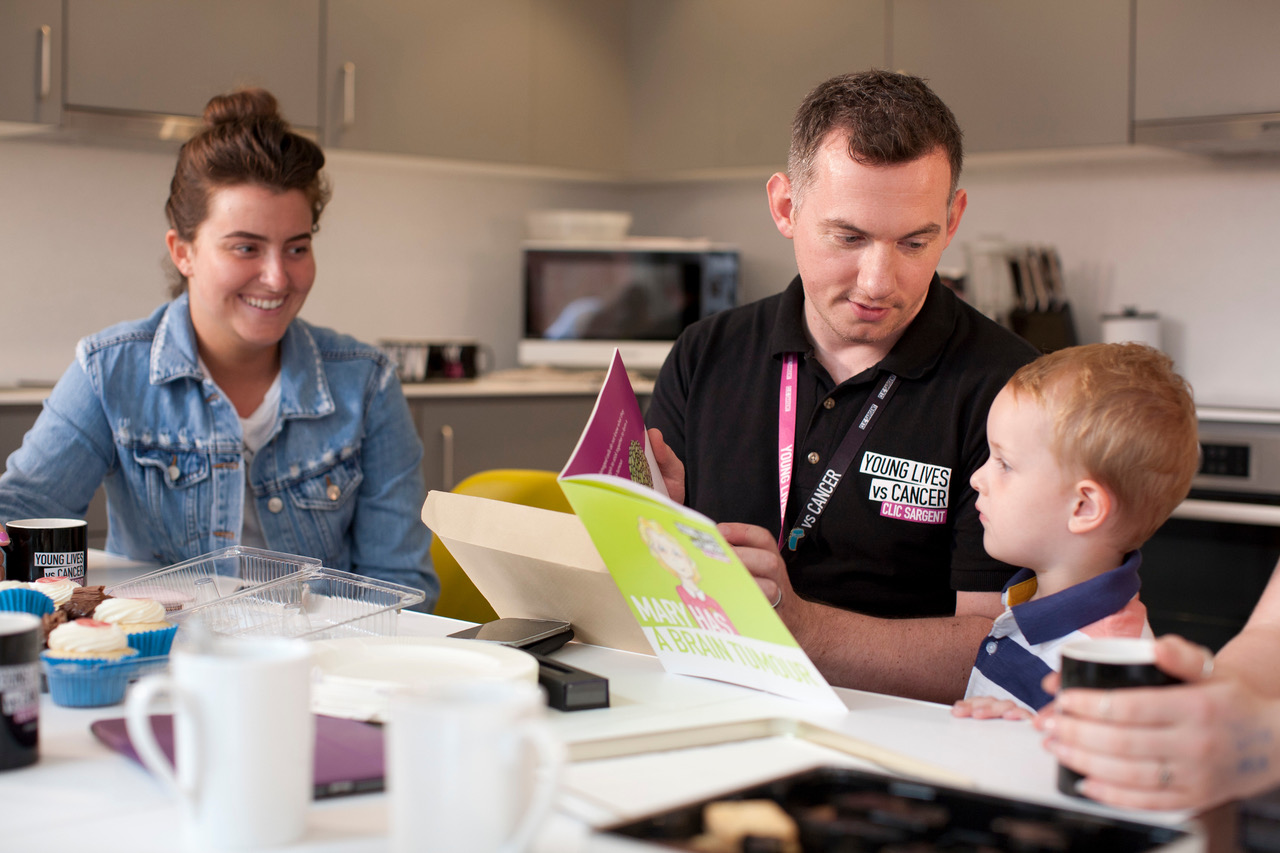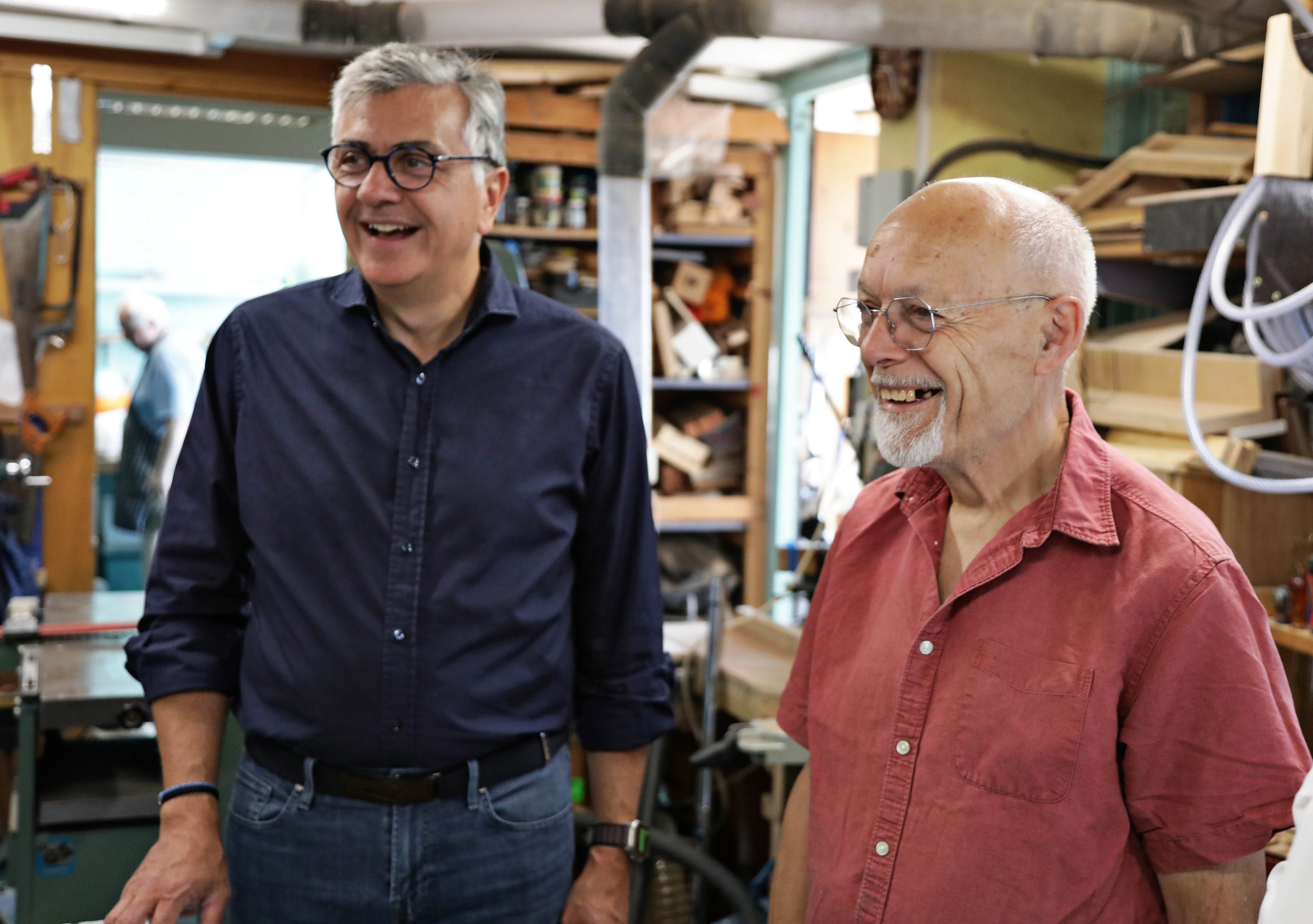The BBC has revealed it has cut its Scope 1 and Scope 2 emissions by more than a fifth.
Its annual report shows that the 21% reduction it has achieved over 2023/24 is ahead of its target for the year of 17%.
This has been achieved “through a targeted set of initiatives against our fossil fuel and electricity usage”, according to the broadcaster.
Action taking includes upgrading properties, reducing gas consumption and targeting diesel usage in productions.
Scope 1 covers emissions that the organisation has direct control over, whereas Scope 2 refers to indirect emissions.
The broadcaster has also cut Scope 3 emissions, covering its supply chain, by 9%.
“We continue to work with our suppliers to reduce our supply chain emissions, which equated to approximately 55% of our carbon footprint baseline,” states its annual report.
It adds: “We ask suppliers with contracts over £5 million to have Science-Based Targets or equivalent targets aligned to 1.5 degrees.”
In addition, its non-news TV content commissioned is “mandated to achieve” BAFTA industry sustainability standards. This requires programme makers to complete a carbon action plan to reduce emissions.
Another measure being taken is to develop a new certification, EcoAudio, for its audio output, to support producers lowering the carbon footprint of productions to earn a sustainability accreditation.
“This is an industry-first and we are now piloting the tool with independent audio suppliers,” says the BBC.
Greener travel
Meanwhile, the annual report details that the broadcaster embeds “travel-related sustainability principles” within its expenses policies “which direct staff to the most ‘carbon efficient’ modes of transport”.
This includes “choosing train over plane for UK mainland journeys, sharing vehicles wherever possible and using public transport rather than taxis”.
“In production, we have been exploring when teams can switch from flights to trains. In Sport, a significant proportion of staff, on-screen and off-, travelled to the World Athletic Championships in Budapest by rail. When booking accommodation, and in line with albert accreditation, the booking system now displays whether a hotel uses 100% renewable energy,” states its annual report.
It adds: “The BBC Group remains committed to producing internationally renowned content that informs our audiences on environmental issues, whilst minimising our operational impacts.
“We aim for excellence in sustainability, adopting the highest standards in environmental strategy and delivery across our output and operations.
“We continue to pursue our deep decarbonisation strategy focusing on eliminating emissions at source – and permanently – as we transition towards Net Zero.
“We continue to work with external partners and experts to ensure we are meeting the standards and quality of reporting and disclosures expected of us as a responsible business."
Latest News
-
Airport hands local charities and groups £100,000 over last year
-
Private health provider awards £10,000 to arthritis research team
-
Building Society hands out £1m to tackle inequality
-
Premier League and Comic Relief partnership aims to improve children’s mental health
-
Russell Hobbs launches food poverty campaign in schools
-
Tottenham Hotspur and charities launch film to tackle mental health stigma
© 2019 Perspective Publishing Privacy & Cookies







Recent Stories